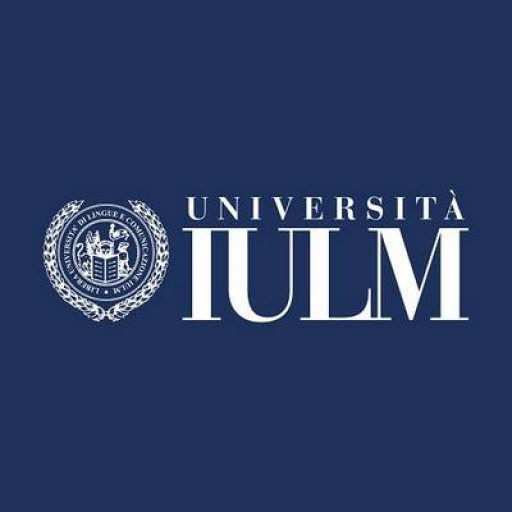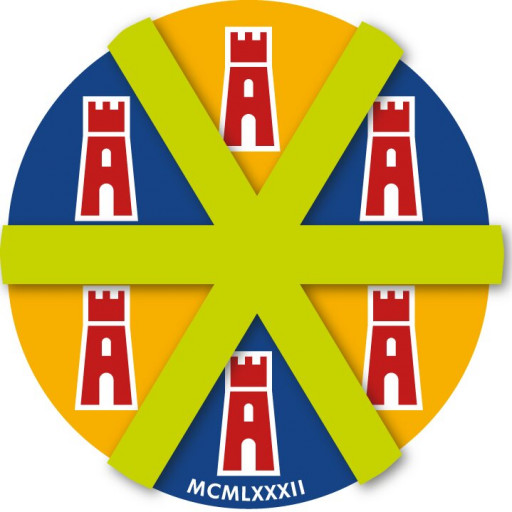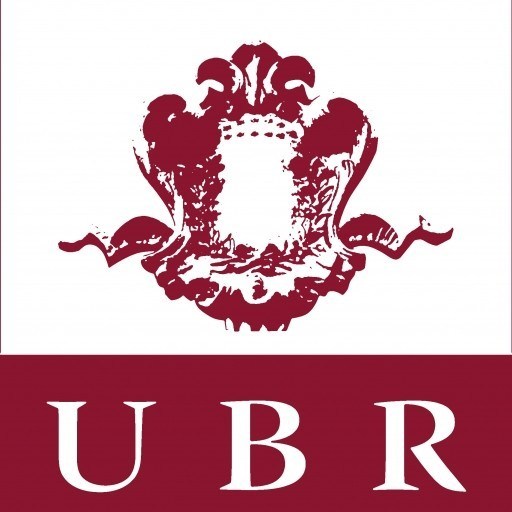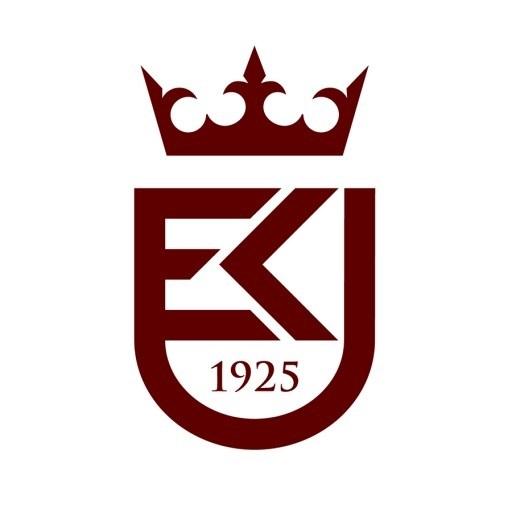Photos of university / #universityofgroningen
Program description:
The Master's in Literary and Cultural Studies at the University of Groningen offers students an in-depth exploration of literature, culture, and society across various historical periods and geographic regions. This interdisciplinary program aims to develop critical thinking, analytical skills, and a nuanced understanding of cultural phenomena. Through a combination of theoretical frameworks and empirical research, students engage with diverse texts, media, and cultural practices, examining their contexts and significance. The curriculum includes core courses in literary theory, cultural history, and research methodology, alongside specialized electives allowing students to tailor their studies according to their interests. The program encourages a comparative approach, integrating different cultural perspectives and literary traditions to foster a comprehensive understanding of cultural dynamics. Students are also given opportunities for advanced research, culminating in a master's thesis that reflects their scholarly interests and research competence. Alongside academic coursework, the program emphasizes practical skills such as academic writing, presentation, and project management, preparing graduates for careers in academia, publishing, cultural policy, or media. The university’s vibrant academic community and extensive library resources provide an enriching environment for learning and research. International students benefit from a cosmopolitan campus and diverse cultural activities, facilitating a global perspective on literature and culture. Graduates of the program are equipped with the analytical tools and contextual knowledge necessary to critically engage with cultural texts and phenomena, making them valuable contributors to cultural debates and industries. Overall, this master's program is designed to cultivate insightful, culturally aware scholars and professionals capable of analyzing the complex relationship between literature and society across different periods and regions.
Literary and Cultural Studies at the University of Groningen offers an in-depth exploration of literature, culture, and society from a multidisciplinary perspective. The programme is designed to develop students' critical thinking, analytical skills, and cultural awareness through a comprehensive curriculum that spans various periods, genres, and regions. Throughout the course, students engage with classical and modern literary texts, studying their historical and cultural contexts to understand the societal influences on literary production and reception. The programme emphasizes close reading, textual analysis, and theoretical approaches to literature and culture, fostering a nuanced appreciation of diverse literary traditions and cultural phenomena.
Students will have the opportunity to specialize in areas such as comparative literature, gender studies, postcolonial studies, or media and communication, tailoring their education to their specific interests. The curriculum includes a combination of lectures, seminars, workshops, and independent research projects, encouraging active participation and intellectual independence. Cultural studies components examine the interplay between literature, media, arts, and societal issues, providing a broader understanding of cultural dynamics in a globalized world.
In addition to theoretical foundations, the programme offers practical skills training in writing, presentation, and research methodologies, preparing graduates for careers in academia, publishing, media, cultural policy, and beyond. The interdisciplinary nature of the programme promotes a global outlook, with courses often integrating comparative perspectives and international case studies. Moreover, students are encouraged to undertake internships, participate in exchange programmes, and engage in collaborative projects to gain real-world experience and expand their professional networks.
The teaching staff comprises experts in various fields of literature and cultural studies, guiding students through rigorous academic inquiry while fostering an inclusive and stimulating learning environment. The university’s extensive library resources, digital archives, and research centers further support student research activities. Graduates of the programme are well-equipped with the analytical, communicative, and cultural competencies required to critically examine literary and cultural texts and to contribute thoughtfully to cultural debates and practices. The programme’s flexible structure allows students to pursue their academic passions while developing a versatile set of skills applicable across many sectors.
Program requirements for the Bachelor's degree in Literary and Cultural Studies at the University of Groningen typically include a combination of coursework, language proficiency, and prior education credentials. Applicants are generally required to have completed secondary education equivalent to the Dutch VWO diploma, with a strong emphasis on language and literature courses. English proficiency is essential, and applicants may need to submit TOEFL or IELTS scores unless they have completed education in an English-taught curriculum. The program emphasizes critical thinking, analytical skills, and a thorough understanding of various literary and cultural texts, so prospective students should demonstrate a background in humanities or social sciences. The curriculum is designed to develop competencies in literary analysis, cultural theory, and research methods, which are assessed through coursework, presentations, and essays. In addition to academic qualifications, applicants may need to provide motivation letters and references to illustrate their interest and suitability for the program. International students must meet visa and residence permit requirements, and they should demonstrate sufficient English proficiency and academic preparation. The program may also have specific entry requirements for certain courses or specializations within the field, such as Medieval Literature or Contemporary Culture. Admission decisions are competitive and based on the applicant's academic performance, motivation, and alignment with the program objectives. The University of Groningen values diverse student backgrounds, and potential applicants are encouraged to review detailed entry criteria on the official university admissions website to ensure they meet all prerequisites and prepare the required documentation accordingly.
The Master's degree programme in Literary and Cultural Studies at the University of Groningen offers a range of financing options to support students throughout their studies. Domestic students and international students are both encouraged to explore various funding opportunities to facilitate their academic journey. The university provides information about scholarships, grants, and financial aid programs on its official website. Students may consider applying for scholarships such as the Holland Scholarship, which is available for selected international students pursuing master's degrees in the Netherlands, or specific faculty-based scholarships for students enrolled in Humanities programs. In addition, the Dutch government offers loan schemes and grants for international students, which can be accessed through the Dutch student finance system. Students can also seek external funding from their home country or private organizations that support international studies. The university's financial services department offers guidance on these options and assists students in the application process. It is advisable for students to start exploring funding early in the admission process to meet application deadlines and ensure financial preparedness. Part-time work opportunities are available on or near campus, providing additional income to support living expenses. The university also encourages students to actively seek external sponsorships and employability programs that may include internships or research assistantships, which can sometimes include stipends. Overall, students are advised to carefully plan their finances by considering tuition fees, living costs in Groningen, and additional expenses to ensure a smooth academic experience. For detailed and updated information about financing options, students should visit the official university website or contact the student financial services office directly.
The Bachelor's in Literary and Cultural Studies at the University of Groningen offers students a comprehensive introduction to the analysis and interpretation of literary and cultural expressions across different periods and regions. The program emphasizes critical thinking, close reading, and an understanding of cultural contexts, allowing students to explore the ways literature reflects and influences society. Students will study a diverse range of texts, including literature, film, media, and other cultural artifacts, developing skills in research, argumentation, and academic writing. The program encourages active engagement with contemporary issues and fosters intercultural awareness, preparing graduates for careers in education, media, publishing, cultural management, and international organizations. Courses typically cover topics such as literary theory, cultural history, visual culture, and literary translation. The program is structured to combine theoretical foundations with practical applications, including seminars, projects, and possible internships. Students have the opportunity to study abroad through exchange programs, enhancing their intercultural competencies. The university's faculty provides expert guidance and support throughout the program, helping students to develop their analytical skills and to produce original research. Graduates will be equipped with a broad skill set that includes critical analysis, cultural literacy, and effective communication, enabling them to pursue various professional pathways in the arts, education, journalism, or further academic study. The program’s curriculum is regularly updated to reflect current scholarly debates and societal challenges, ensuring graduates are well-prepared for a dynamic employment landscape.










